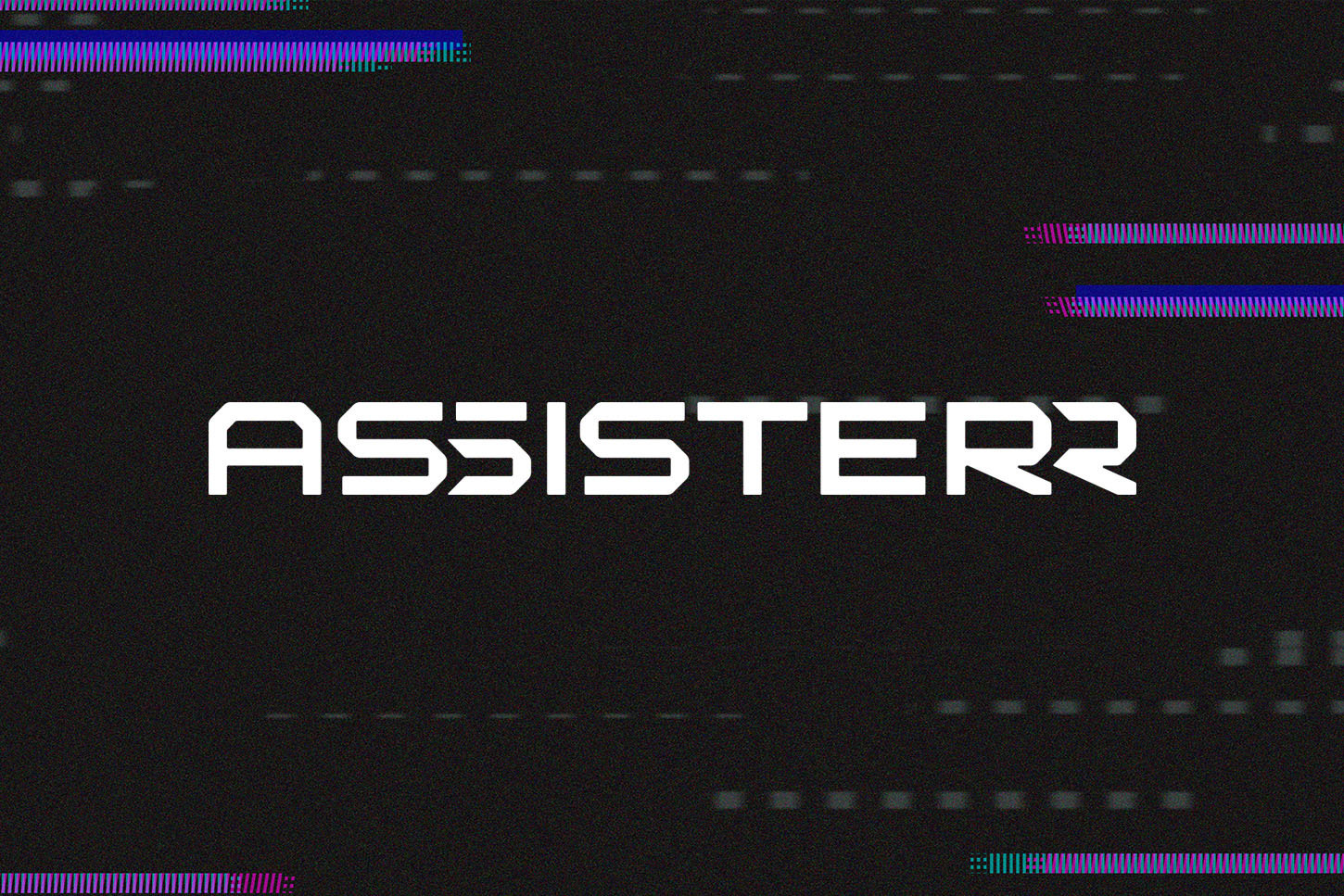This publication is provided by the client. The text below is a paid press release that is not part of Cointelegraph.com independent editorial content. The text has undergone editorial review to ensure quality and relevance, it may not reflect the views and opinions of Cointelegraph.com. Readers are encouraged to conduct their own research before taking any actions related to the company. Disclosure.
While Big Tech continues its expensive race for ever-larger AI models, Assisterr is quietly building an arsenal for everyone else. The Solana-native platform, which empowers users to create, deploy, and monetize their own specialized AI agents without writing a single line of code, today announced it has raised $2.8 million in funding. The round, valuing the company at $75 million, includes participation from Google for Startups, Outlier Ventures, Web3.com, Echo.xyz, Moonhill Capital, and others.
This fresh capital injection comes as Assisterr prepares for its native ASRR token's TGE on May 30, with confirmed listings on Tier-1 exchanges, including Bybit and Binance Alpha. The team, with roots in Cambridge, DeepMind, and AlphaGo, has been building its vision for a decentralized AI economy (DeAI) under the challenging circumstances of wartime and with initially limited resources, embodying a true underdog spirit.
Nik Havryliak, CEO and co-founder at Assisterr, commented, "From the start, our mission has been to provide AI for all, not just for Big Tech. The current AI landscape is incredibly centralized, expensive, and, frankly, out of reach for most individuals and smaller businesses. We're changing that by making AI creation as easy as building a website, giving power, ownership, and monetization back to the creators."
The Assisterr approach: SLMs and decentralized monetization
Assisterr's core innovation lies in its focus on Small Language Models (SLMs) rather than the colossal, general-purpose Large Language Models (LLMs) favored by industry giants. SLMs, according to the company, are cheaper to run, easier to customize, and can be fine-tuned for highly specific tasks, making them more efficient and effective for a multitude of real-world applications—from DeFi builders needing specialized analytical tools to NFT artists creating unique generative experiences.
The platform tackles several critical problems plaguing the current AI industry. Firstly, it shatters the high barrier to entry. While LLMs remain complex and resource-intensive, Assisterr's no-code tools and SLM architecture allow anyone to build and deploy AI agents. Secondly, it addresses the glaring lack of clear monetization pathways for AI creators and data contributors. The current centralized model offers little compensation for those whose data and insights fuel AI development.
Assisterr introduces a DeAI economy built around its upcoming ASRR token. This system is designed to reward every contribution to the ecosystem, from peer-reviewed model building and collaborative data validation to the deployment of successful AI agents. This on-chain, token-based economy not only incentivizes participation but also allows creators to earn directly from their agents, fostering a self-sustaining ecosystem where users, not just large corporations, benefit financially.
“Decentralized AI isn’t just about running models on-chain — it’s about shifting control,” stated Dima Dimenko, COO and co-founder of Assisterr. “Traditional AI platforms keep developers locked into centralized APIs, pricing models, and infrastructure. In contrast, decentralization empowers anyone to create and own autonomous AI agents that are composable, monetizable, and not reliant on a single provider. Our model opens the door to a new creator economy, where individuals — not tech giants — define how AI is built, shared, and monetized. It’s a shift from AI-as-a-service to AI-as-an-asset — embedded directly into the fabric of Web3.”
Some of the most credible and widely recognized crypto companies — including Metis, Jupiter, Morph, Particle, 0g Labs, Sui, Wormhole, and NeonEVM — are already using Assisterr to build and deploy AI agents for their operations. Their adoption of Assisterr is a strong signal that decentralized, agent-based AI is becoming essential infrastructure for the next generation of crypto-native tools.
Traction and vision for an open AI economy
Despite its lean beginnings, Assisterr has demonstrated significant traction. The platform has already attracted 4.7 million users in less than nine months, with over 24,000 live AI agents deployed by its community. Early monetization tests have yielded $160,000 in revenue within the first weeks of tests with monetization streams, and the company reports that the Assisterr-powered agent economy has already seen a few tokenized agents reach a combined Fully Diluted Valuation (FDV) of over $80 million.
The team's commitment to fostering an open AI developer community is further evidenced by its leadership in global AI hackathons, often in collaboration with prestigious institutions like Oxford, Cambridge, and Imperial College. At the official Solana AI Hackathon, Assisterr's track alone impressively accounted for 46% of all submissions, highlighting a strong developer appetite for accessible and open AI tools. Assisterr was also one of the first grant recipients from the Solana Foundation in the UK, focusing on AI-powered developer tooling.
With strategic advisors like Michael Heinrich (0g.ai), Mark Rydon (Aethir), and Antho (SwissBorg) and backing from AWS, Google for Startups, and other key partners, Assisterr is aiming high. The company believes it is on a path to becoming a Web3 x AI unicorn, tapping into an AI market projected to contribute $15.7 trillion to the global economy by 2030.
Assisterr's pitch is compelling: a shift from a centralized, corporate-controlled AI landscape to an open, creator-owned infrastructure. By combining the scalability of artificial intelligence with the ownership, decentralization, and incentive models of Web3, Assisterr isn't just building another AI tool; it's aiming to lay the foundation for a more equitable and accessible AI future.


